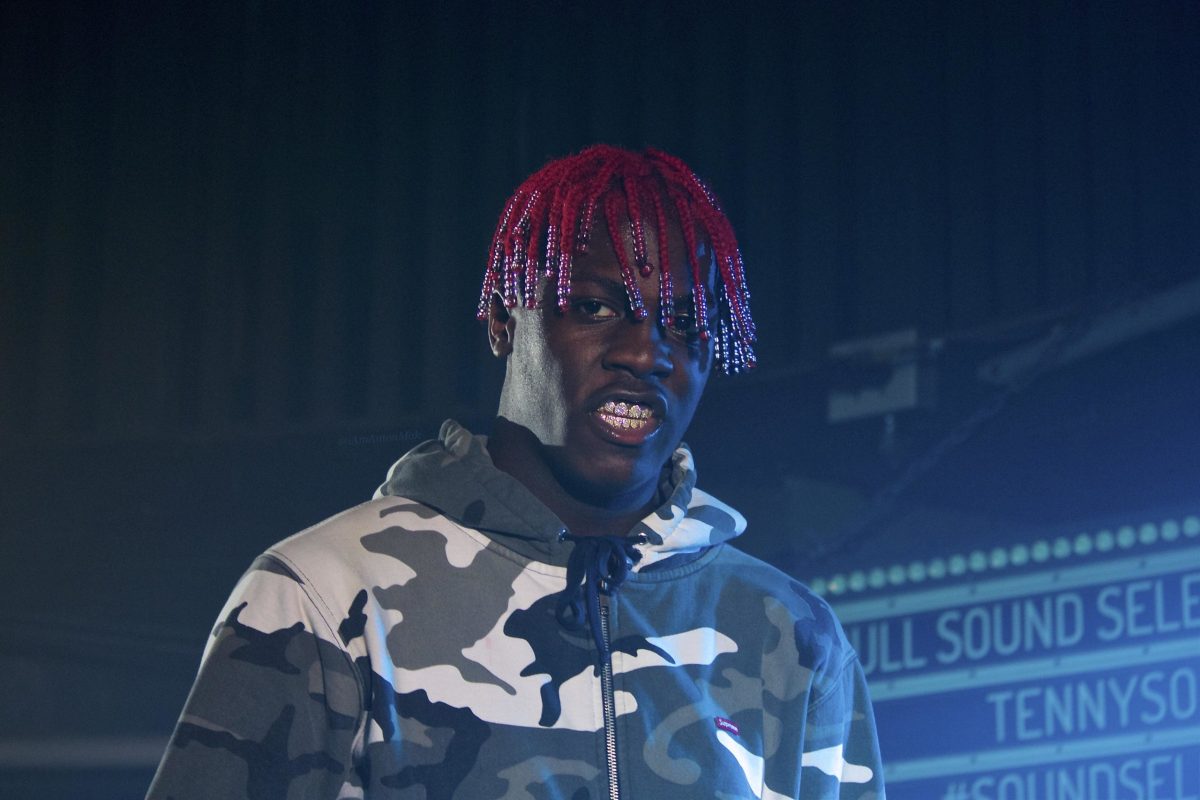Used in reference to the often poorly articulated delivery of the lyrics sung, “mumble rap” is a term sometimes scornfully used to describe a new type of rap.
Unlike traditional rap music, composed of bars built from scratch, laced with metaphors and intricate wordplay, and delivered to a population of listeners who will waste no time in executing critical judgement, mumble rap is more relaxed and simplistic; performed for the vibes-within, rather than for general acclaim or advancement of a political or social justice statement. This style, usually performed with spirited trap beats, is characterized by the use of simple rhyme schemes often accompanied with ad-libs, like “skrrt,” to support the song’s melody.
Some might say that this style of music is reflective of contemporary times and thus reflects an increased ignorance of social justice issues and disregard towards historic influences. In late 2016 for example, 90s hip-hop star, Pete Rock, along with other hip-hop legends and revered contemporaries like Snoop Dogg and J.Cole, at one point openly criticized the new style of rap, accusing rappers like Lil Yachty and Lil Uzi Vert of making a joke out of rap culture and singing meaningless words.
Regardless of what these critics might say, this style of rap has resulted from the unrestricted license to create that these artists have found for themselves. Its popularity stems from the networks and connectivity made possible by today’s technology and social media. Many artists, like Desiigner and Migos, have risen to fame from their use of online platforms like SoundCloud and YouTube to release and distribute their work.
Mumble rap is proving to thrive in the distorted social justice landscape that we have today. In a time where there are increased tensions between political parties and amplified discussions on social justice issues, it is not unusual to have art and music that is politically driven and have artists be vocal with their opinions through artistic expression. These rappers, however, refuse to be influenced by the social justice issues that plague our time. Instead, they are just fine singing about money, sex, and drugs, and for this choice of topics they are often criticized.
This should not be the case, however. Zaytoven, Atlanta Hip-hop producer said it right in a Rolling Stone interview discussing 21 Savage’s album Issa Album. He said, “A lot of times artists rap with a whole lot of words and metaphors – to simplify it and say all that you are trying to say in a few phrases is a gift.” This statement is not ill placed. Furthermore, these types of lyrics relieve the listener from the need to have a working knowledge of hip hop history in order to enjoy a rap song. They deliver songs on an “as is” basis and sing about their present days, present thoughts, and present states of mind.
The genre provides an escape from the intensities of our current societal issues. Rather than bring the difficulties and tensions from the world into their songs, a mumble rapper’s style becomes a manifestation of a liberation from social standards and general principled expectations. The songs are simple, and although they are mostly incomprehensible, their incomprehensibility is not of much importance. Sometimes, music is about everything but the lyrical content. The production, performances, and even the eccentric or exaggerated personalities in this music genre are what make it successful.
People have not grown into “mumble rap” out of nowhere. From its initial acceptance by our young population to the eventual acceptance by hip-hop stars like Drake and Kendrick Lamar, the popularity of mumble rap has always been an organic process.





























